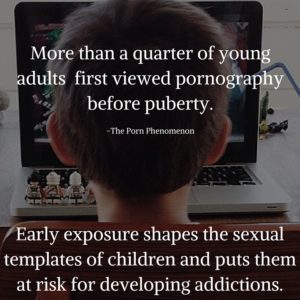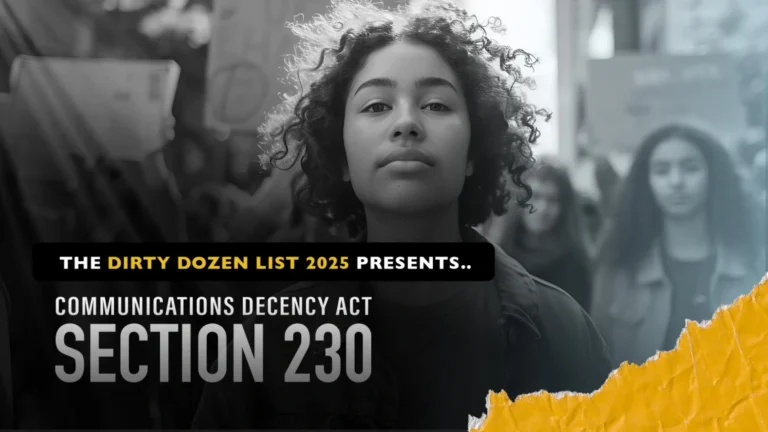The numbers are in, and one thing is clear: the phenomenon of porn use poses an unprecedented public health crisis in American society.
The groundbreaking new study, “The Porn Phenomenon,” just released several key findings which underscore the necessity of addressing pornography on a large scale.
This survey reports that more than a quarter of young adults, ages 25-30, first viewed pornography before puberty. We know that adolescents are especially vulnerable to addictions, which means that such early exposure is a potentially dangerous precursor to porn and sex addictions. Further, pornography has the power to shape sexual templates, to which children are especially vulnerable. When pornography is the primary sex educator, it teaches lessons of violence, degradation, and selfishness that are not compatible with healthy, loving, relationships.
viewed pornography before puberty. We know that adolescents are especially vulnerable to addictions, which means that such early exposure is a potentially dangerous precursor to porn and sex addictions. Further, pornography has the power to shape sexual templates, to which children are especially vulnerable. When pornography is the primary sex educator, it teaches lessons of violence, degradation, and selfishness that are not compatible with healthy, loving, relationships.
Not only are many children seeing pornography at younger ages, but pornography is gaining a foothold among other demographics as well. According to the survey, nearly half of young people, ages 13-24, actively seek out porn weekly or more.
Let’s examine this for a moment, in light of the research that we already know.
- Porn use decreases brain matter in areas of decision-making and motivation.
- Porn use increases rates of sexual aggression and violence
- Porn use is linked to increasing cases of sexual dysfunction
When so many individuals in America are consuming material shown to have harmful effects on both individuals and communities then it is clear that we are dealing with a public health crisis.
That is why we need to care.
The good news? There is hope.
We have several resources listed for those who struggle with pornography, those who are their partners, and even for parents to learn how to educate their children about the dangers of pornography. This combination of preventative education, and recovery programs for healing, can counteract the effects of pornography.
You can also help by visiting our Action Center to take direct, real-world, actions to defend human dignity against those who seek to facilitate or profit from pornography.
Nearly every family in America is affected in some way by pornography, and its negative neurological, physiological, and sociological consequences. But our network of supporters and advocates is growing every day.
Pornography may be a phenomenon, but we are a movement.
And we are just getting started.


